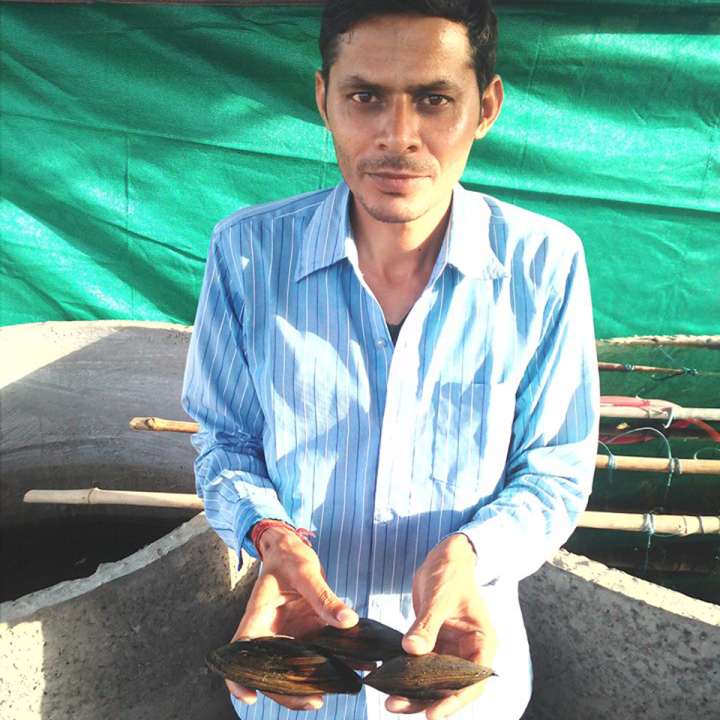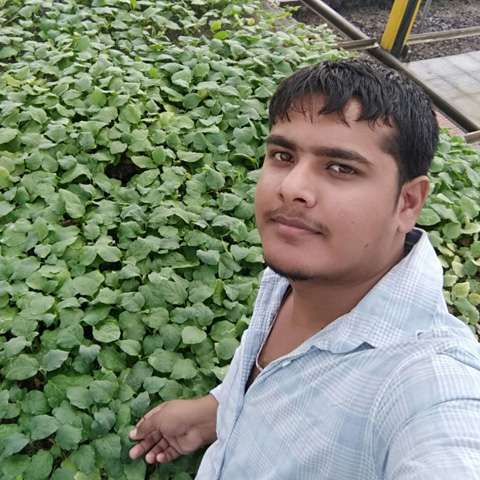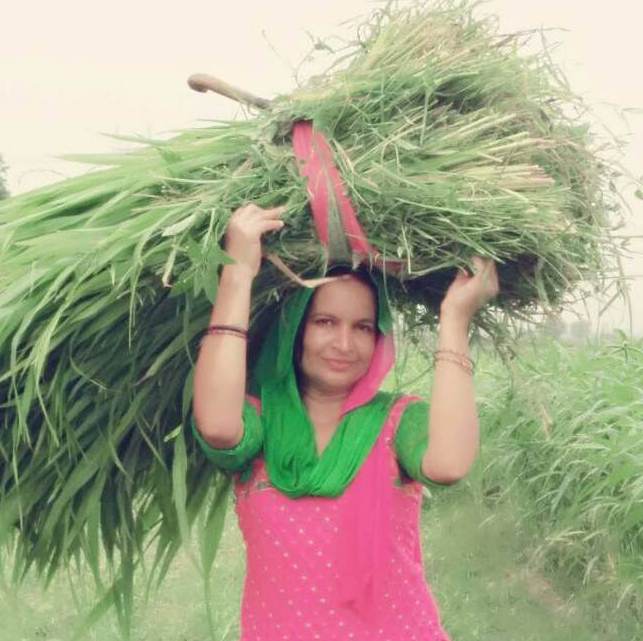MECHANICAL ENGINEER LEFT JOB TO PURSUE PEARL FARMING AND NOW EARNS MORE THAN 5 LAKH YEARLY
Vinod Kumar who was a mechanical engineer by profession often used to take out time from his busy job life to explore his interest in farming to discover new trending agri-technologies. One day while surfing the Internet, Vinod Kumar came to know about Pearl Farming, allured toward this profession he dug more information about it and came to know that pearl farming can be carried out in less water and less area as well.
When he came to know that the only pioneer institute which trains in design pearl farming is situated in Bhubaneshwar – Central Institute of Fresh Water Aquaculture (CIFA), Vinod Kumar lost no time and listened to his heart, left his job and went to Bhuvneshwar in May 2016 for one-week training.
Started pearl farming in 20 x 10 foot area with 1000 mussels and today he has expanded the pearl farming business from which he is earning more than 5 lakhs from 2000 mussels. Well, this was the determination and passion of Vinod Kumar towards agriculture which showed his this path to success.
Vinod Kumar shared with us some of the pearl farming information for the newbies –
• The ideal market for pearls is in Rajkot, Delhi, Nearby Delhi and Surat
The main work is mussel surgery and for this work, special training is provided by the institute. Other than pearl different shapes and designs can also be formed inside the mussel.
Vinod is not only practicing pearl farming but he is also providing training to other farmers. He is certified by ICAR- Central Institute of Freshwater Aquaculture in training of freshwater pearl farming for entrepreneurship development. Till now more than 30,000 people have visited his farm and he has never anyone let down.
“Today farmers have to think different if they want to move ahead in their life, but this spirit also demands patience, because many of my students came to me for training and immediately after the training they tried to set up their business, but they were not successful. People have to understand that success comes with patience and frequent practice.”










